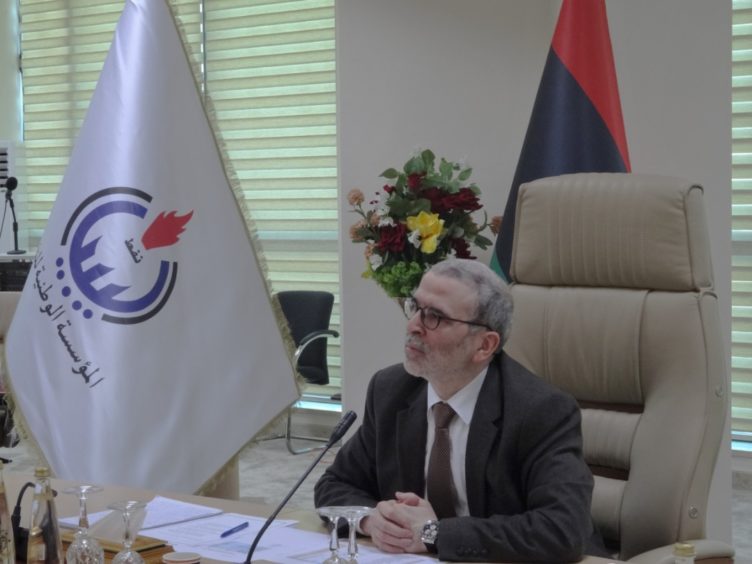
Libya’s National Oil Corp. (NOC) has lifted force majeure on oil exports from the North African state, but has warned production will be low.
NOC said the first vessel to load will be the Kriti Bastion. This will lift a cargo from the Es Sider port. The company tried to carry out a lifting from this port this week but was unable to complete this. The local Petroleum Facilities Guard (PFG) had refused to allow a VLCC into the port.
Ship tracking Marine Traffic has reported the Kriti Bastion most recent position to be offshore Es Sider.
The Delta Ocean had attempted to carry out a loading on July 8. This VLCC moved away from the port after failing to load.
“We are very glad finally to be able to take this important step to national recovery, and I wish to thank all the parties to recent discussions for helping to bring about this successful outcome,” NOC Chairman Mustafa Sanalla said.
“This should be recognised as an important moment of common national purpose to build on to bring lasting peace and stability to the country.”
Repair bill
Production will be slow to resume, it warned. There has been “significant damage” to reservoirs and infrastructure as a result of the blockade. The Libyan National Army (LNA) imposed this stoppage on exports in mid-January.
Sanalla said work for the company had just begun. “Our infrastructure has suffered lasting damage, and our focus now must be on maintenance and securing a budget for the work to be done. We also must take steps to ensure Libya’s oil production is never again held to ransom.”
The company calculates it has lost $6.5 billion from the production blockade. NOC must make considerable investments in order to repair infrastructure, Sanalla said.
“The costs of repairing the pipeline network and surface equipment and of well workovers will run to the billions of dinars.”
The International Energy Agency (IEA) has said Libya may have increased production to around 1 million bpd by the end of the year.
